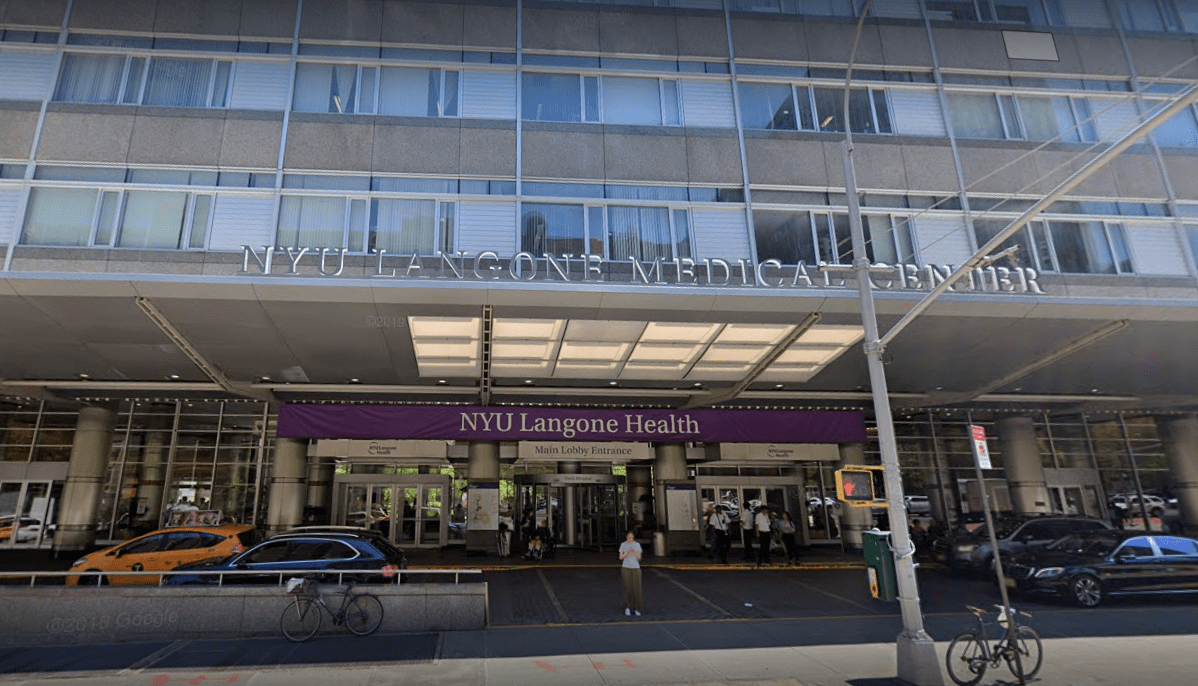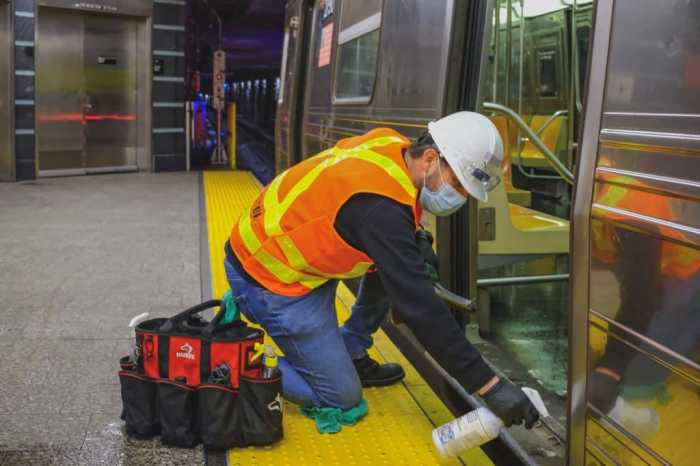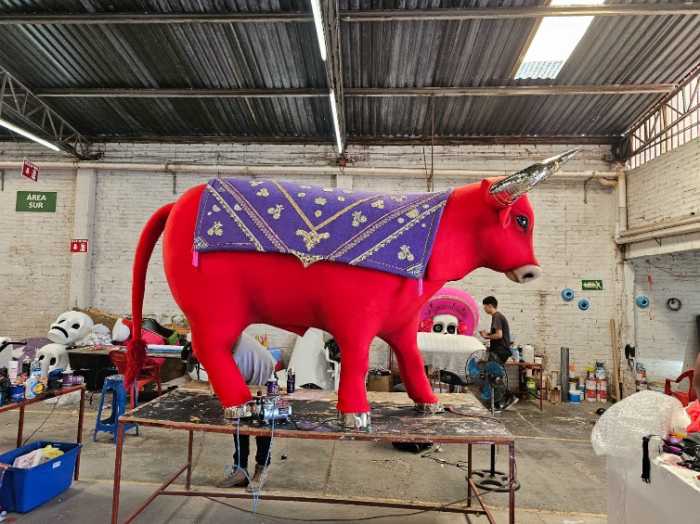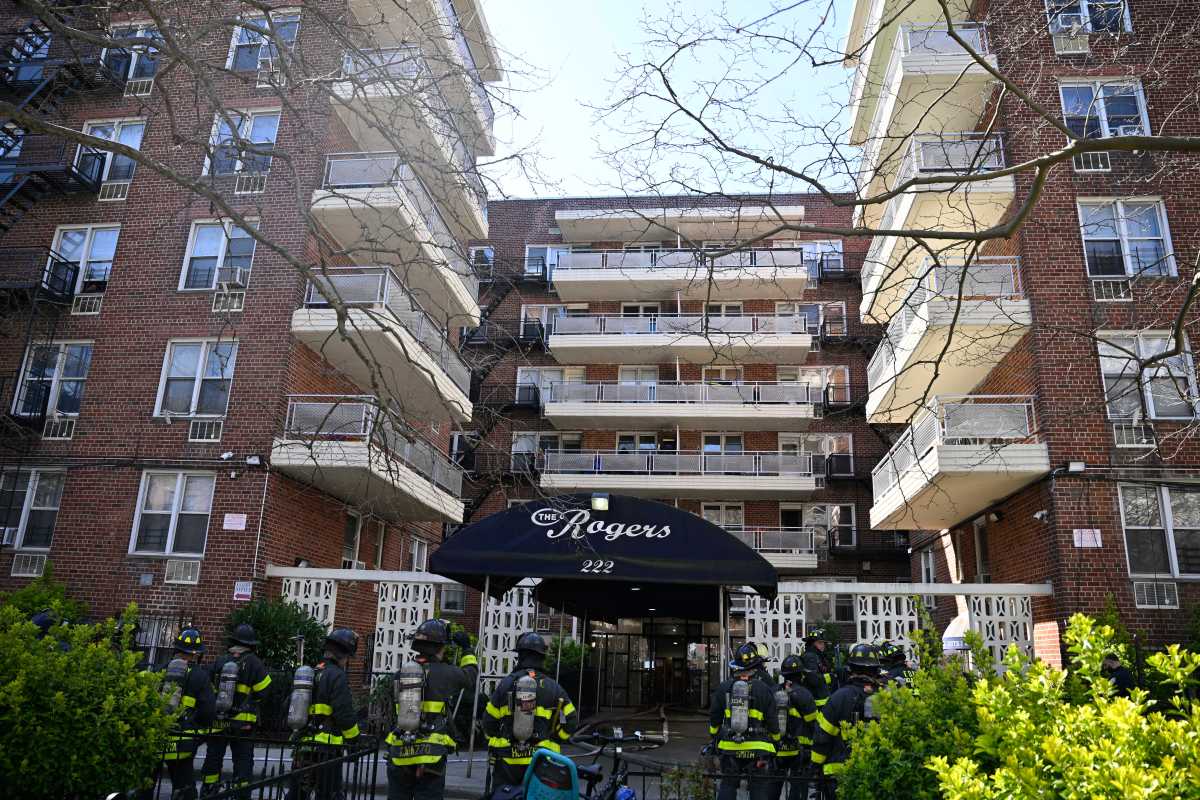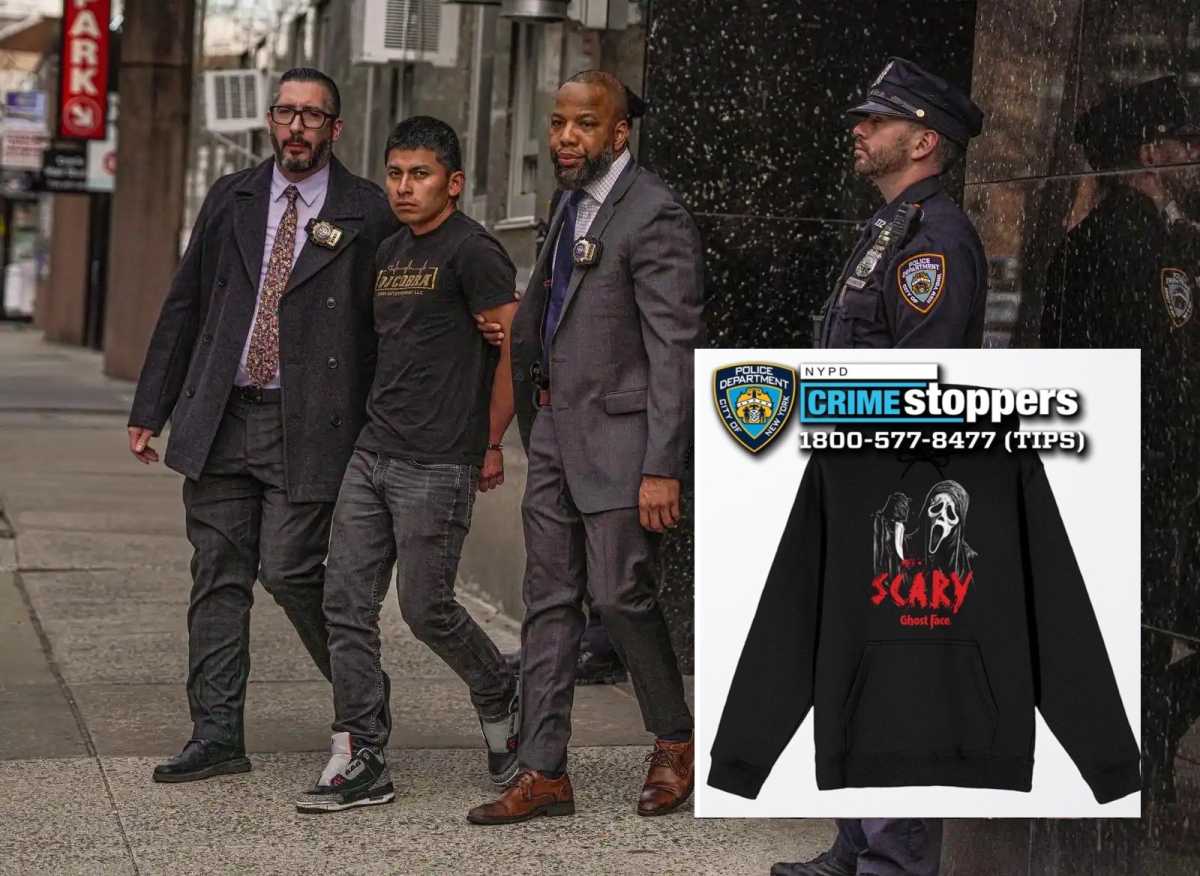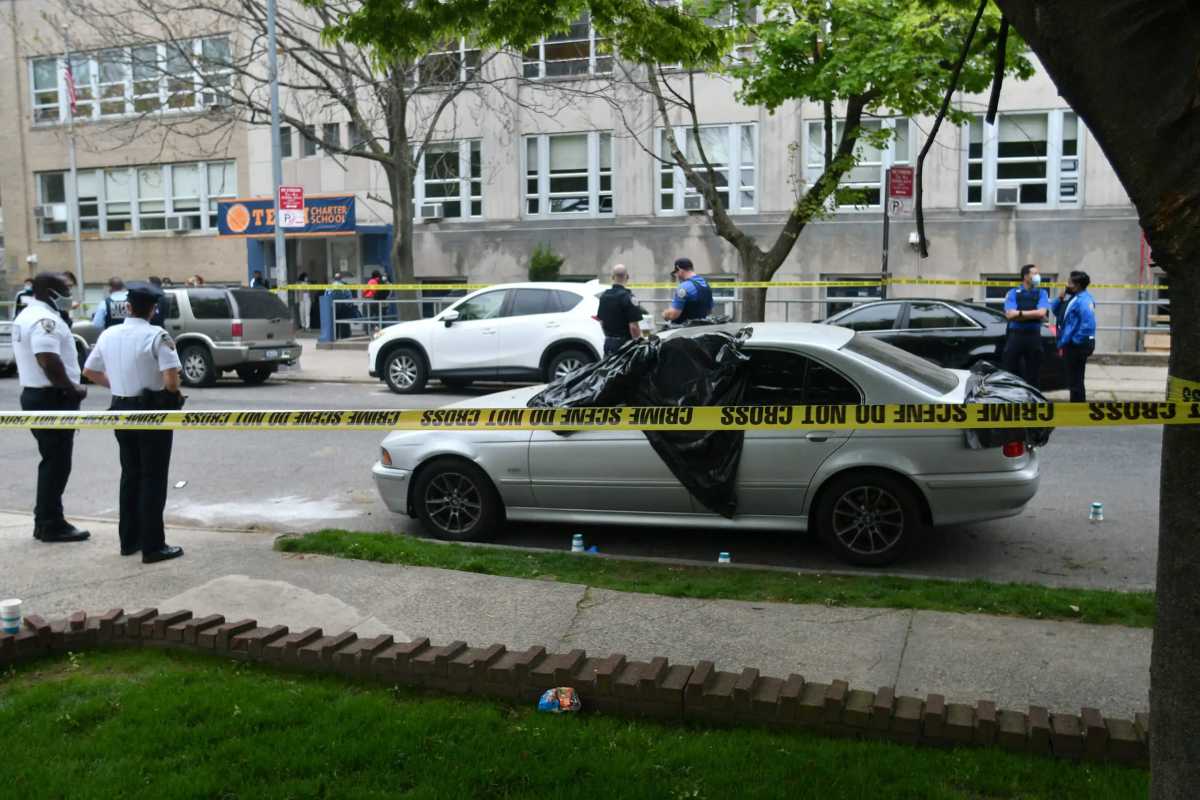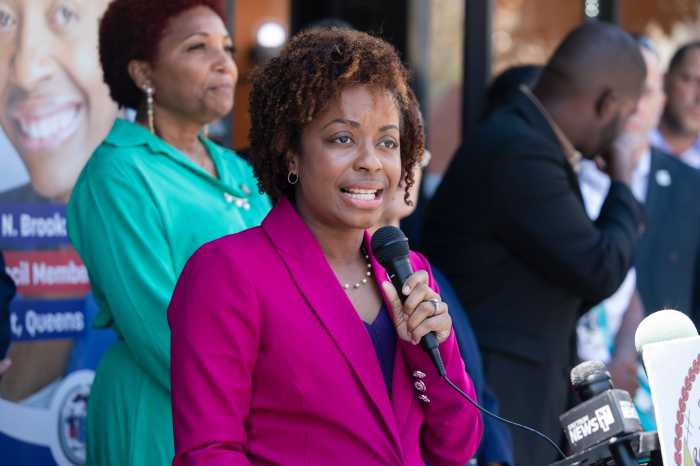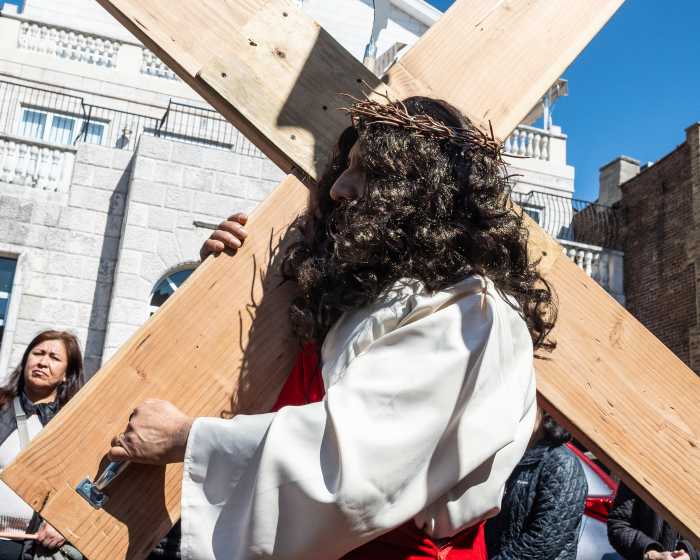BY GRANT LANCASTER
A group of 4th-year students from NYU Grossman School of Medicine will graduate early so that they can start their internships in hospitals inundated with cases of COVID-19 coronavirus.
As soon as the state Department of Education and the Middle States and the Liaison Committee on Medical Education approve the early graduation, 69 volunteer students will start their medical internships at hospitals in New York and around the country, said Steven B. Abramson, senior vice dean for education, faculty, and academic affairs at NYU Grossman.
The volunteers come from 122 students who met graduation requirements and were asked if they would like to begin their internships early, Abramson said. These students will enter emergency and internal medicine departments, most likely in early April, close to six weeks in advance of the typical July 1 start date.
The interns will be placed on teams with oversight by more experienced doctors and will not be working on the most serious of cases, but should still be a great help to the overloaded hospitals in places like New York City and Seattle that have become hotspots for coronavirus cases, Abramson said.
Gabby Mayer, a 4th-year student who will be interning at the NYU Bellevue hospital in Manhattan, said that the choice to volunteer was easy because she and her fellow graduates have a skillset that is greatly needed during this outbreak.
Evan Gerber, a 4th-year student who matched with an internship program at Denver Health in Colorado, plans to work in NYU hospitals until 14 days before the start of his Denver internship on June 7, as a result of the mandated quarantine period for anyone leaving New York State, he said.
Gerber estimated that 15-20% of the early graduates matched with programs in other states like he did, while the majority will stay in New York, like Mayer.
For other NYU Grossman students, who were pulled out of hospital clinical learning sessions when the virus became severe, they will be adapting to online small-group learning to keep their education on track, Abramson said. In fact, video lessons may persist for some courses even after clinical learning wards re-open because these new methods are more effective than in-person lectures, he said.
Abramson was excited to see so many volunteers for the early graduation program and knows that these students will be put to good use.



